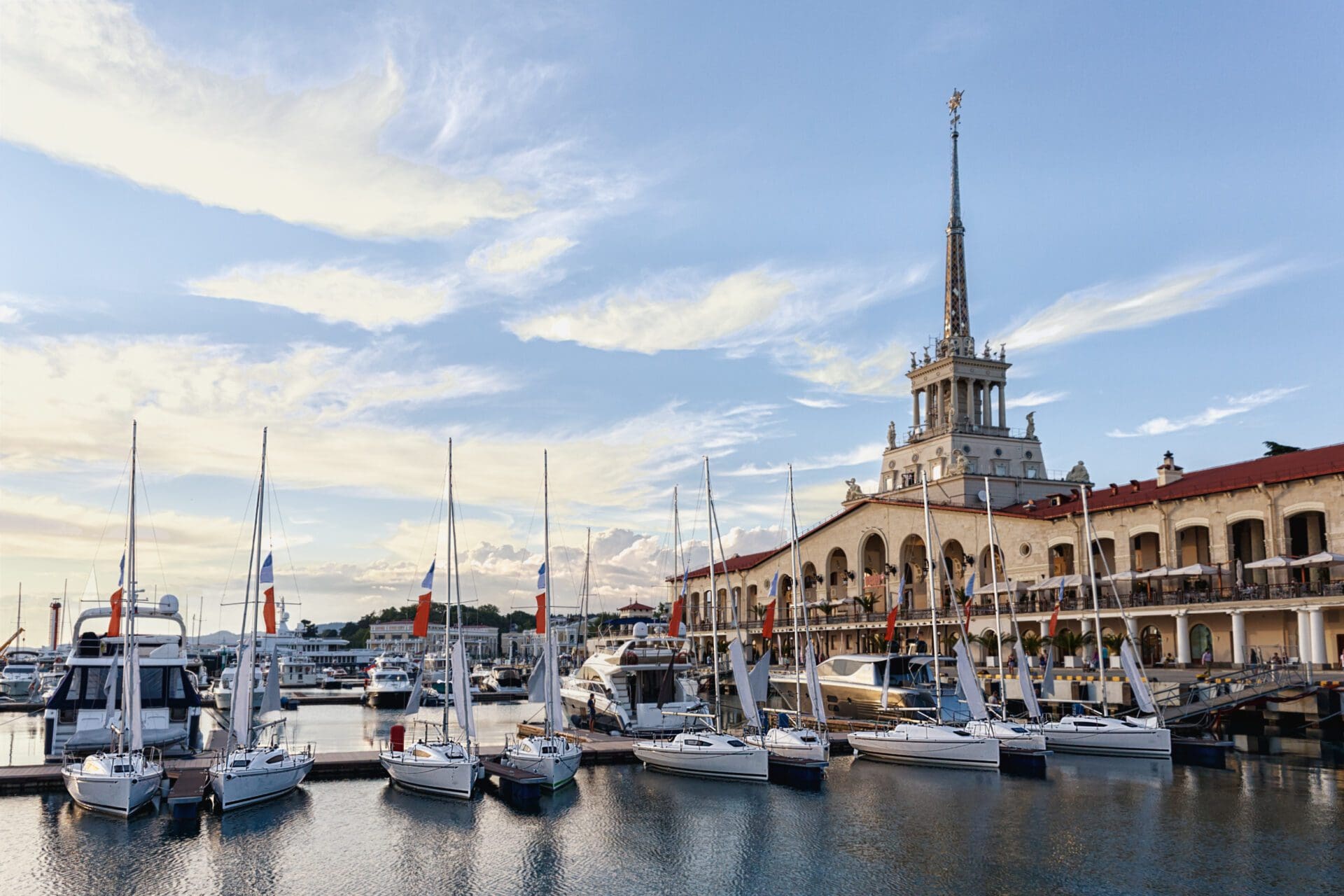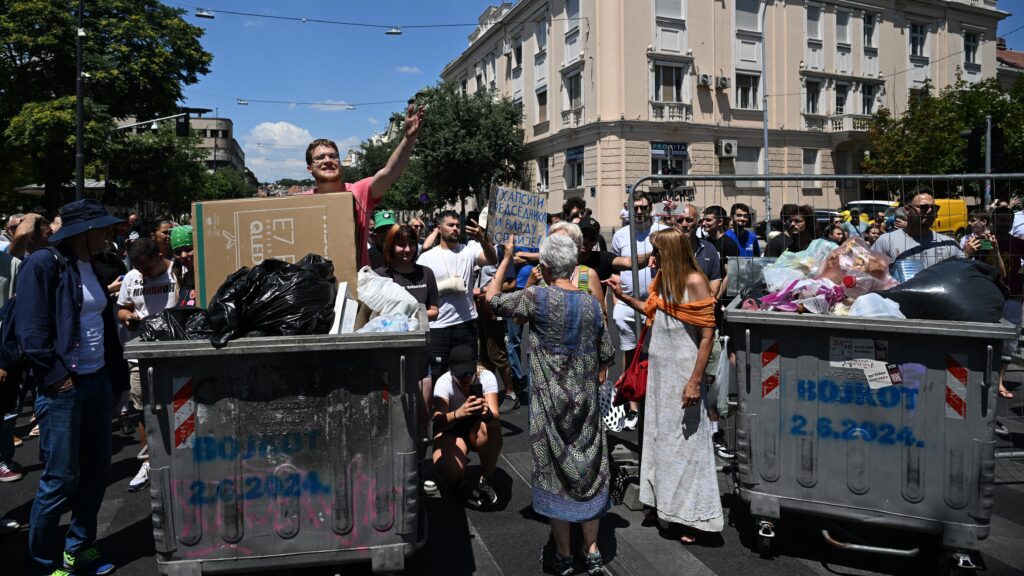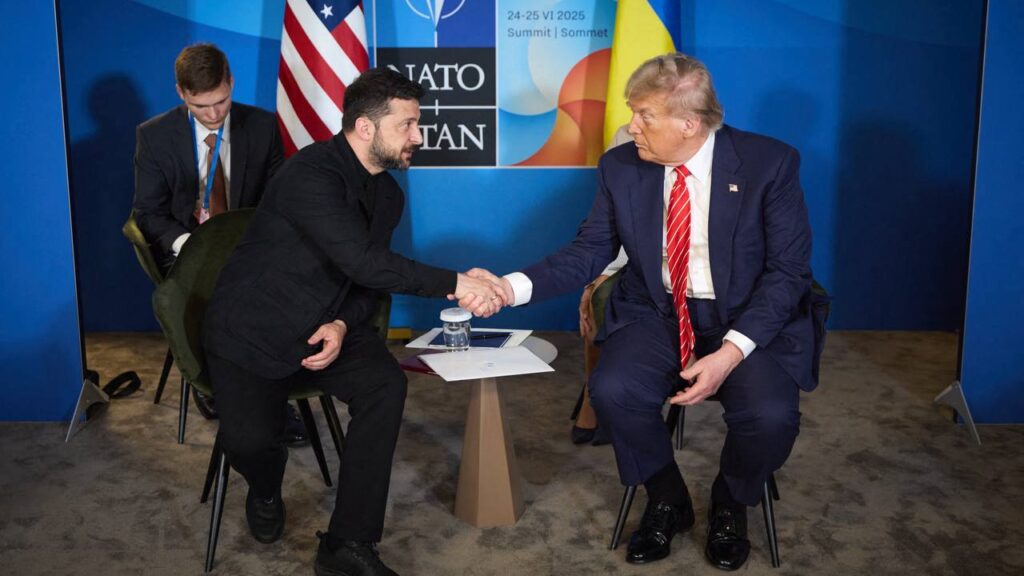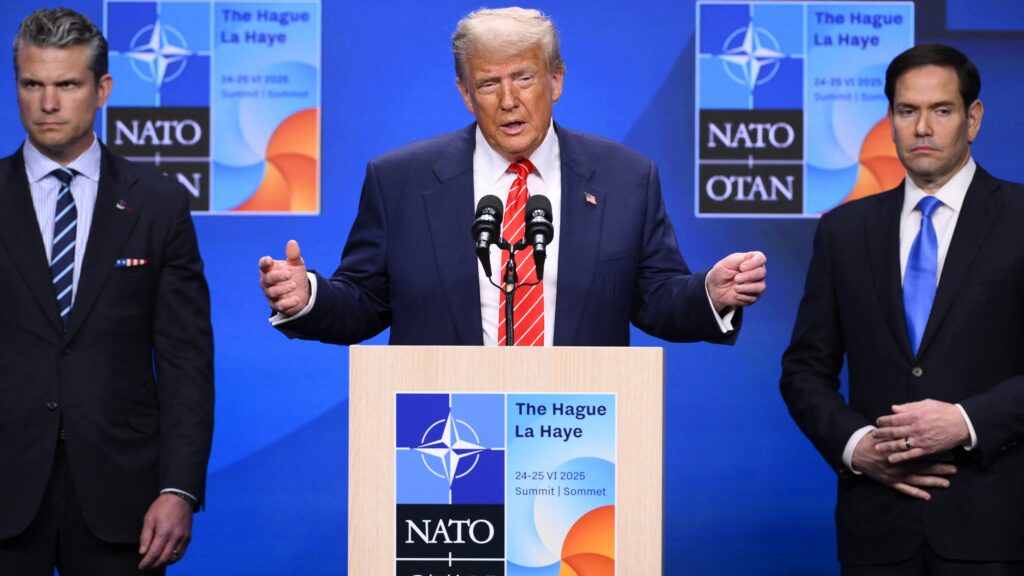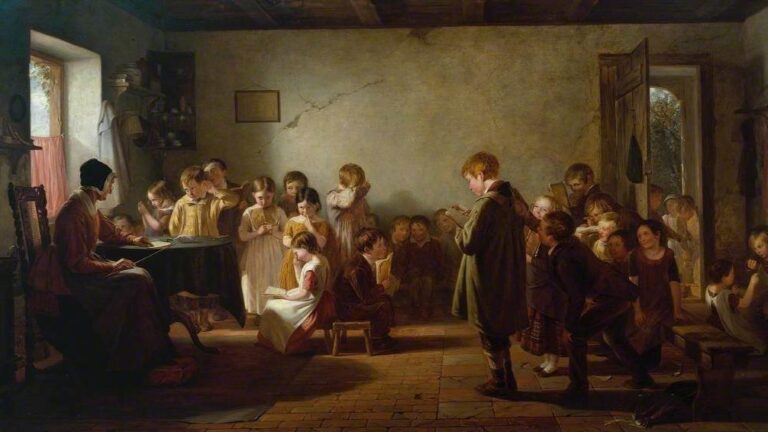When I arrived in Sochi, the Caucasian Russian city that was home to the winter Olympics in 2014, the chilly wind that was blowing in the city’s seaport was refreshing after the gloomy, dark winter days in Moscow. As in the case of many relatively young Russian cities, the Sochi cityscape is dominated by a piece of Stalinist architecture. The magnificent building of the main square designed in Stalin’s ambitious imperialist style, emulating the symbolism of Ancient Rome, is the first edifice visitors see when arriving at the city by boat. As a rather unexpected turn of history, the former port building that was designed to demonstrate the greatness of the ‘socialist way’ is now home to luxurious and expensive fashion brands. Needless to say, some of the Western shops are now closed due to the sanctions, but the shop selling Russia’s Bosco products (an exclusive sportswear brand specifically created to promote the 2014 Olympics) is open, with the original torch that carried the flame from Greece to Sochi to signal the opening of the games is still on display. On the square in front of the Stalinist building American pop music is playing—had I not known why some of the shops were closed, and if I had not noticed the hammer and sickle decorations on the massive columns, I may have thought I was on the Italian riviera.
It is not only the shops and the architecture that are interesting in the main square of Sochi, however.
Like in many other Russian cities that I have visited since the beginning of the invasion (or ‘special military operation’ as it is known here) there is an exhibition in the heart of the city, at the busiest place in Sochi, dedicated to recent events. In Saint Petersburg the exhibition was dedicated to the ‘Children of Donbas’— 4 to 11-year-old Russian-speaking children who have seen nothing but war since they were born. The black and white photographs of the scared and traumatised, but still innocent and charming toddlers and pre-teens were supposed to illustrate the message of the information board placed nearby by the communication department of the Russian army: Ukraine is committing genocide against the Russian-speaking population in the Donbas; therefore, the special military operation is a just, humanitarian intervention to save the lives of these poor children. The images of the houses destroyed by shellfire, with toys lying around in the ruins, were moving. In Sochi, the exhibition was dedicated not to the suffering children, but the heroic soldiers who answered the motherland’s call to fight for these poor souls. The ‘Heroes of Operation Z’ in Sochi proudly displays the photographs of servicemen who are now fighting in Ukraine. Below the photographs there are small QR codes that lead to YouTube videos, where the servicemen tell their personal stories.
My ‘personal favourite’ video was recorded by a young and very attractive Russian girl about her work in Ukraine.
The title of the video is ‘beauty saves the world – Corporal Christina Kim: the brave and kind warrior’. In the video, Corporal Kim (27-years-old) first thanks all the listeners for their support to those who are now fighting in Ukraine. She opens the video by expressing how reassuring it is to know that her and her colleagues’ work is admired and supported by fellow Russians. Next, she moves on to talk about how she dreamt about saving people since her childhood. Working on fulfilling her dream, she studied medicine and after graduating as a nurse, she immediately joined the military. Since she has been deployed in Ukraine, she has saved the lives of 12 soldiers and a little boy who could not have survived without her quick and fearless action as a medical first responder. She finishes on the note that else than serving her country and saving lives on the frontlines, she wishes nothing else but becoming a happy mother and a loving wife. Christina’s story could not be more capturing or emotionally appealing.
While the exhibition in Sochi’s main square is one of the most detailed poster campaigns to promote the ‘military operation’, there are many other larger billboards along the roads in Sochi dedicated to the same topic. Since the narrative is that Ukraine is a Nazi state that is guilty of genocide against the Russian speaking population, the parallel between the Great Patriotic War and today’s special operation is an integral part of many of these communication campaigns. ‘We won the Great Patriotic War, we will win now, too; ‘The truth is on our side, so there will be victory’—the billboards proclaim. In my experience, older Russians are more likely to embrace these messages. I know an older Russian man, whose first childhood memory is how the country mourned Stalin’s death in 1953.
This man literally experienced shortness of breath when he learned that Russian troops had pulled out of Kherson.
He had to sit down to process the sadness, disappointment, and despair that he felt when heard the news. For people like him, what is happening now is a just war, and Russia is the hero that is fighting to save these poor Russian speaking children, while bearing the unjust punishment and sanctions of the Western world for its commitment to truth. All in all, what the exhibitions in Sochi and all across Russia demonstrate is that propaganda works, and it does transform people’s perceptions.

